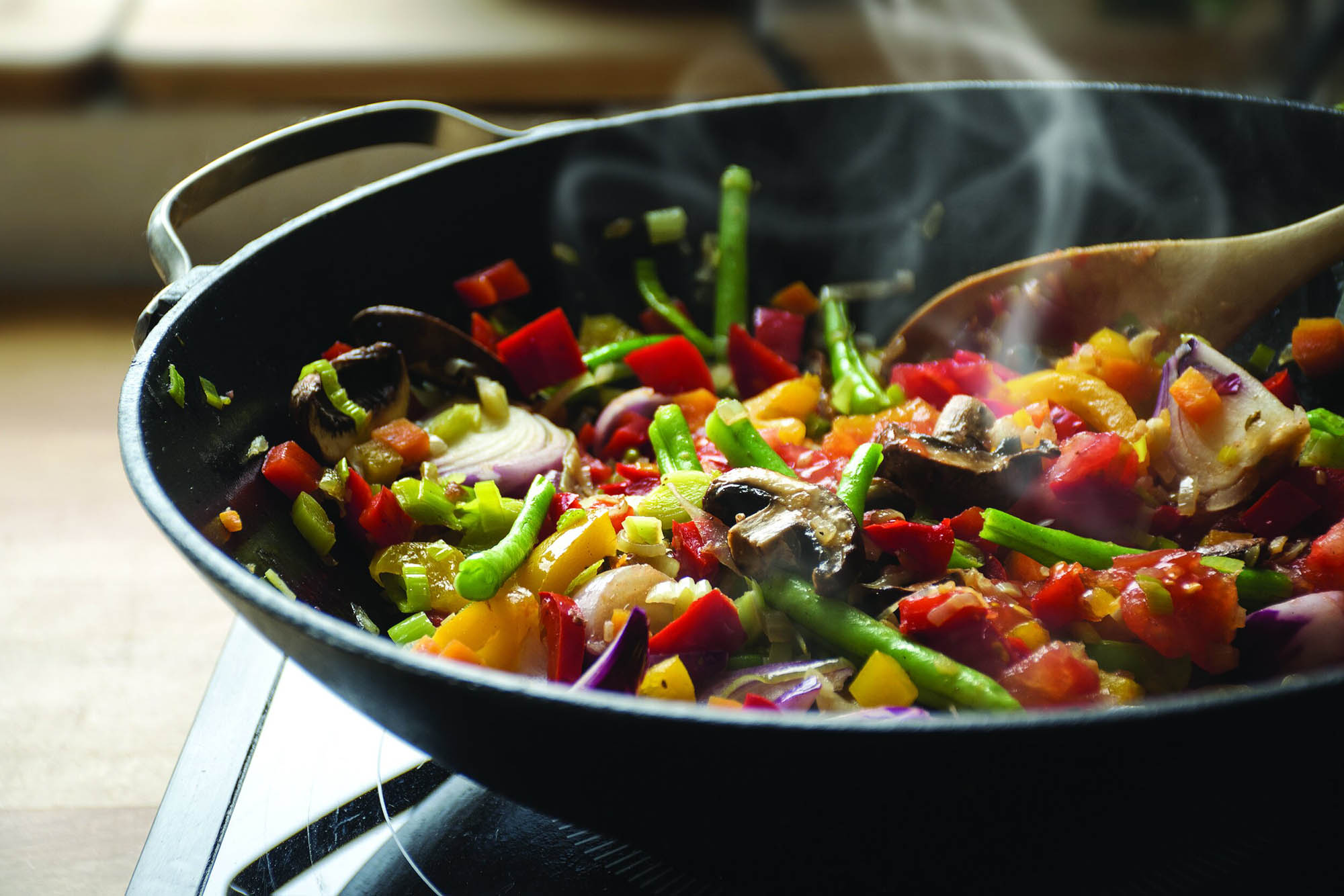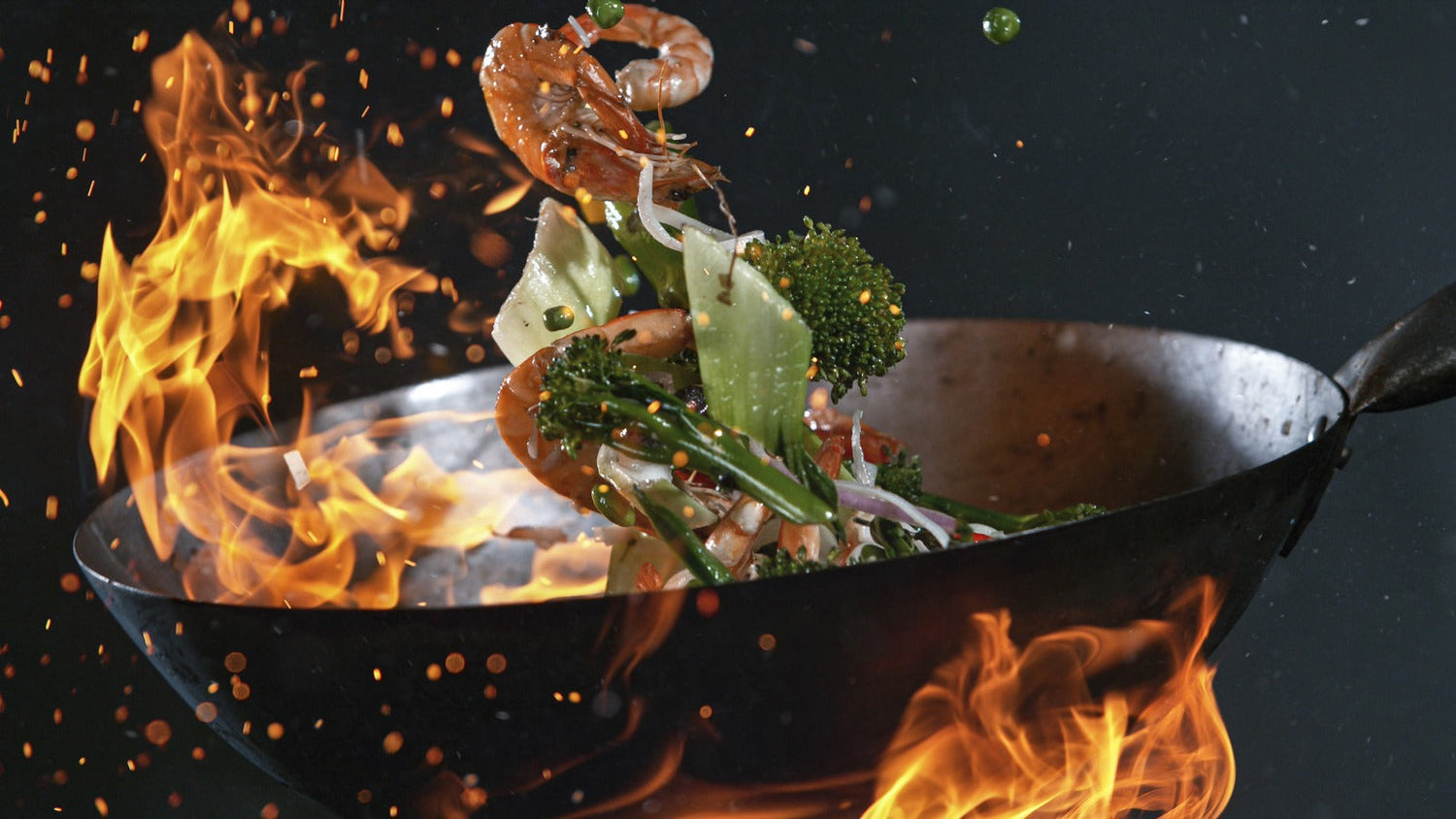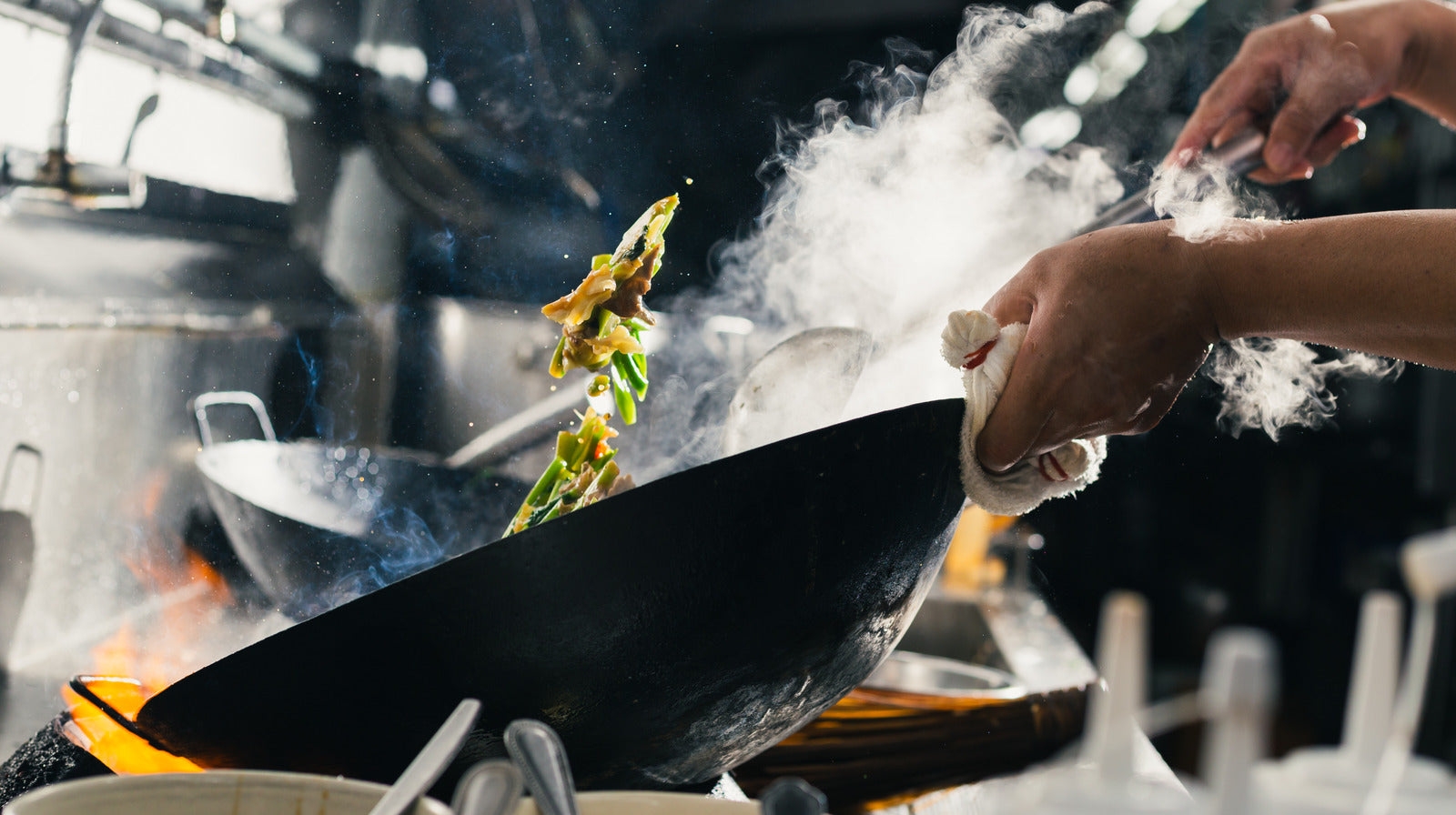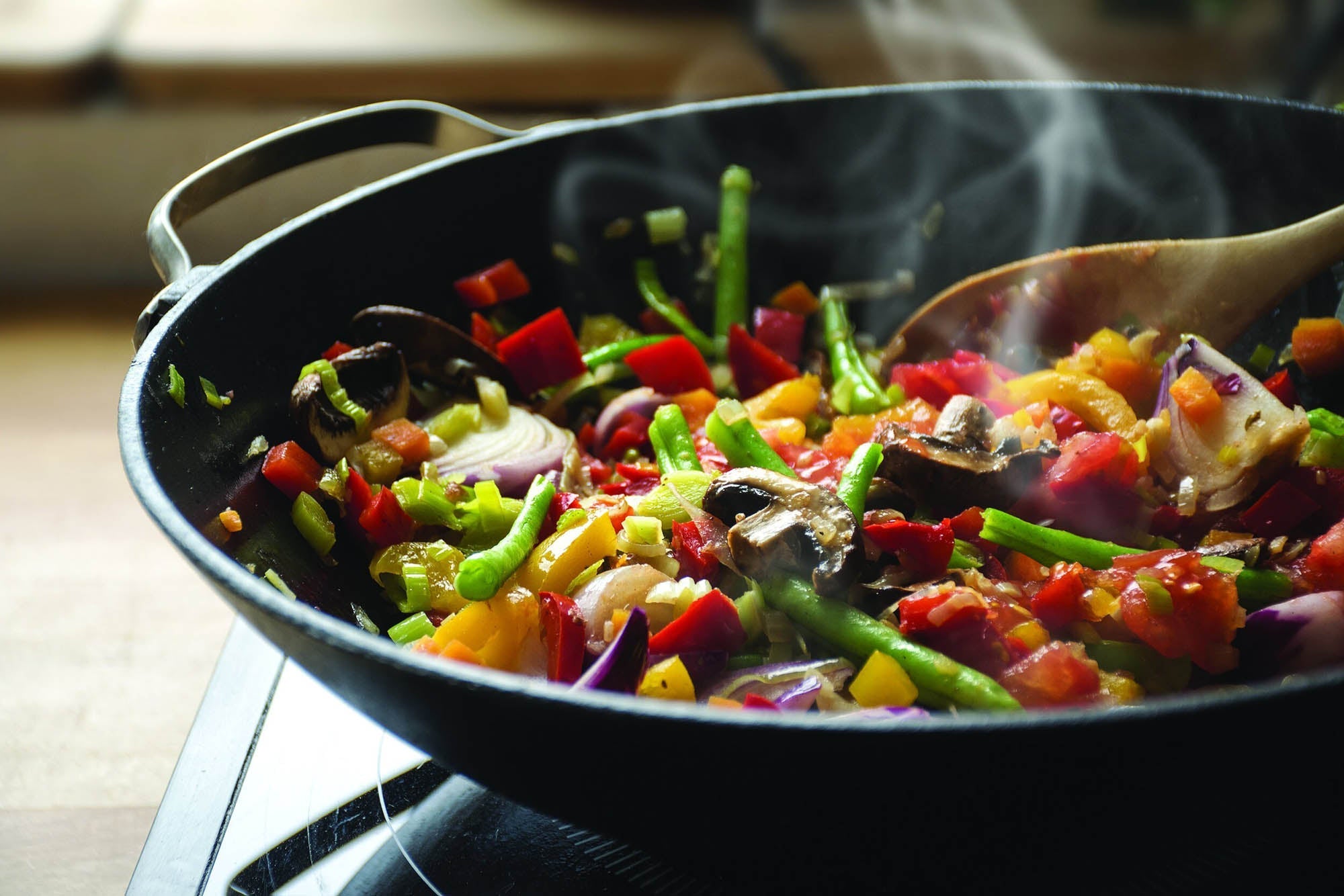When it comes to culinary techniques, **seasoning** a wok is **remarkable** for its importance in ensuring the best cooking results. But what does it mean to **season a wok**? This **life-changing** procedure enhances flavor and extends the life of your cooking tools, especially for **professional chefs** who rely on high-quality equipment for their kitchens. In this article, well delve deep into the significance of wok seasoning and provide you with unmissable tips to get it right.
In the culinary world, a well-seasoned wok is akin to a musicians skilled instrument; it needs **care**, **attention**, and **time** to play its best. With proper seasoning, the surface of your wok develops a natural **non-stick** property as well as a distinct flavor profile that can significantly elevate your dishes.

Understanding Wok Seasoning
To comprehend the meaning of seasoning, lets first dissect **what a wok is**. A wok is a versatile, deep, and often circular cooking pan mainly used in Asian cooking techniques. The process of seasoning involves treating the surfaces of the wok with oil and applying heat to create a polymerized layer, which protects it from rust and enhances its non-stick capabilities.
Why Seasoning Is Important
Seasoning is essential for a few primary reasons:
- Prevents Rust: When you season your wok correctly, you create a barrier that repels moisture, which is crucial in preventing rust, especially in carbon steel and cast iron woks.
- Enhances Flavor: A seasoned wok will absorb flavors over time, allowing it to impart a unique taste to every dish you prepare.
- Improves Cooking Performance: Seasoned woks have better non-stick properties, enabling you to stir-fry without using excessive amounts of cooking oil.

How to Season a Wok Properly
Heres a step-by-step guide on **how to season a wok**:
- Start with a Clean Wok: Whether new or previously used, begin by thoroughly washing your wok with hot water and mild soap to remove any factory residues or old oil. Rinse and dry it completely.
- Heat the Wok: Place the wok on the stovetop over medium-high heat until it's hot. Youll know its hot when a drop of water evaporates on contact.
- Add Oil: Pour in approximately 2 tablespoons of high-smoke-point oil, like vegetable oil or peanut oil. Swirl it around the wok so that it evenly coats the surface.
- Heat the Oil: Allow the oil to heat until it begins to smoke. This step is crucial as it allows the oil to bond with the metallic surface of the wok.
- Cool Down: After the oil has smoked, turn off the heat and let the wok cool down on its own. Once its completely cool, wipe off any excess oil with a clean cloth.

How Often Should You Season a Wok?
While many professionals recommend seasoning your wok after every few uses, the frequency can depend on how often you cook with it and the types of dishes you prepare. If you **stir-fry** greasy or heavy dishes frequently, you might need to season it more often.
Signs That Your Wok Needs to Be Re-seasoned
Keep an eye out for these signs that your wok may require re-seasoning:
- Rust Formation: If you notice rust spots, its a clear indication that your protective layer is wearing off.
- Food Sticks: If food begins to stick to your wok, its time to re-season and restore the non-stick quality.
- Color Changes: A dull or faded surface indicates that the seasoning layer may need refreshing.

Common Mistakes to Avoid in Wok Seasoning
Here are a few common mistakes to avoid:
- Using the Wrong Oil: Always choose oils with high smoke points for seasoning. Low smoke point oils can lead to a sticky surface.
- Not Preheating: Ensure your wok is sufficiently hot before adding oil; this promotes a better polymerization process.
- Overcleaning: Avoid scrubbing your seasoned wok harshly. Use gentle cleaning techniques to preserve the seasoning layer.
What to Cook After Seasoning
When your wok is adequately seasoned, you can confidently cook a variety of dishes. Something as simple as a vegetable stir-fry or protein stir-fried with aromatics can set the stage for showcasing your newly seasoned wok's properties.
Consider trying some Asian classics like:
- Fried Rice
- Lo Mein
- Kung Pao Chicken
Maintaining a Seasoned Wok
Maintenance is essential for a seasoned wok to last and perform well. After cooking, avoid using soap. Instead, use hot water and a soft sponge to clean. You can also return to the stove for a quick rinse under heat to sterilize it. After cleaning, apply a slight layer of oil before storage to maintain its condition.
Internal links are available for further detailed information: check out how to season a non-stick wok and clean the woks bottom for additional insights.
Frequently Asked Questions
How do I know if my wok is well-seasoned?
A well-seasoned wok has a shiny and blackened surface that should not allow food to stick. It should also have a slightly oily residue that adds a protective layer.
Can I use soap to clean my seasoned wok?
It's best to avoid soap since it can strip away the seasoning. Use hot water and a soft scrubber instead.
How long does a seasoned wok last?
A properly maintained seasoned wok can last for many years, providing good cooking results as long as regular care is taken.
As an Amazon Associate, I earn from qualifying purchases.






Leave a comment
This site is protected by hCaptcha and the hCaptcha Privacy Policy and Terms of Service apply.